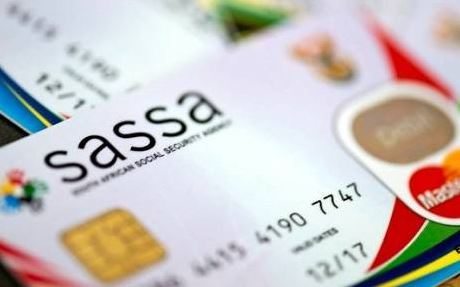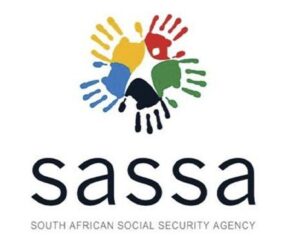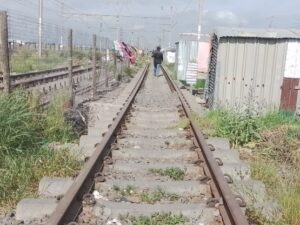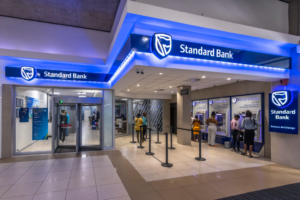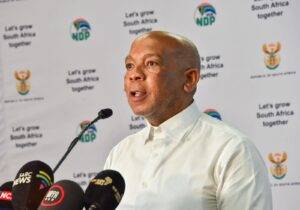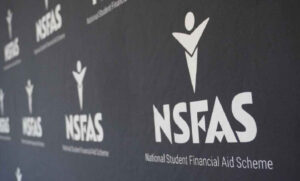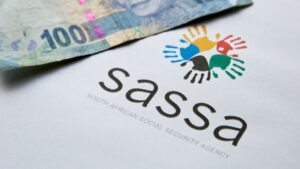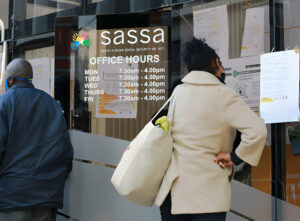In January 2023, Onginkosi Nxumalo, an unemployed teacher from Daveyton in Benoni, received an alarming SMS from the South African Social Security Agency (SASSA) notifying him of a changed cellphone number. Since then, he has been unable to access the R350 Social Relief of Distress (SRD) grant, a lifeline for many South Africans since its introduction during the Covid lockdown in 2020.
Nxumalo’s case is not isolated; an increasing number of recipients have reported similar incidents to GroundUp, claiming to have fallen victim to fraud, leaving them without the crucial monthly grant payments. Elizabeth Raiters, heading the social grant help desk at #PayTheGrants, expressed concern, citing hundreds of similar complaints from across the country.
SASSA’s response to unauthorized cell number changes has been to prohibit online changes, requiring beneficiaries to contact the help desk. Unfortunately, for those, like Nxumalo, who have had their numbers compromised, this process proves futile. #PayTheGrants has also observed cases where new applicants, turning 18 in 2023, found their ID numbers already in use, preventing them from accessing the grant.
In response, SASSA spokesperson Paseka Letsatsi acknowledged the challenges faced by the fraud unit, citing capacity constraints and a surge in R350 SRD grant-related cases. The rapid growth of the grant, unprecedented in the history of social assistance in the country, has strained SASSA’s resources, leading to difficulties in administration and fraud prevention.
To address these concerns, SASSA is developing facial recognition software to enhance the identity verification process for the grant. Expected to be implemented within the 2024/2025 financial year, this move aims to strengthen security measures and mitigate fraudulent activities.
Despite these efforts, Letsatsi did not specifically address Nxumalo’s case, emphasizing that the fraud department prioritizes cases involving government employees. The agency faces the monumental task of balancing the urgent need for assistance with the necessity of robust fraud prevention measures.
As SASSA grapples with these challenges, recipients like Nxumalo find themselves in limbo, relying on alternative means to survive, highlighting the urgency for swift and effective solutions to safeguard the integrity of the R350 SRD grant system.

